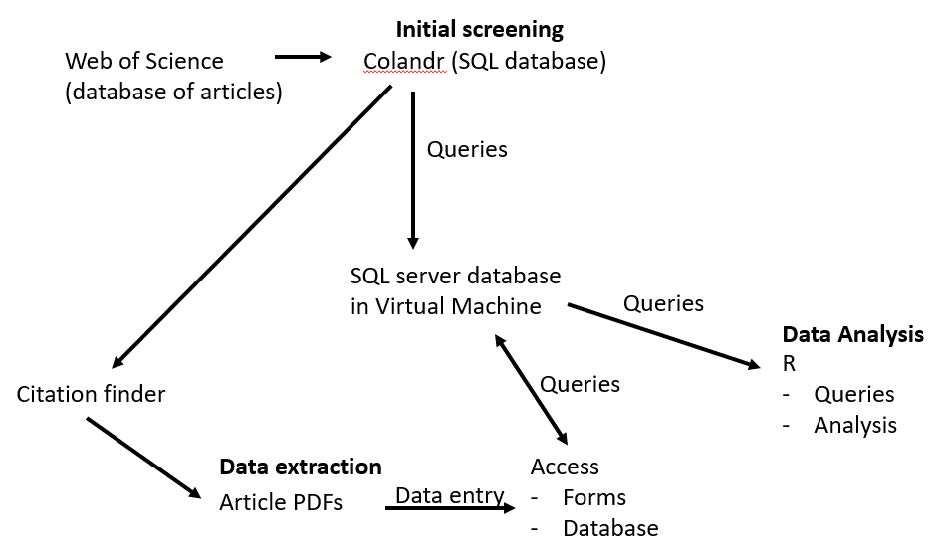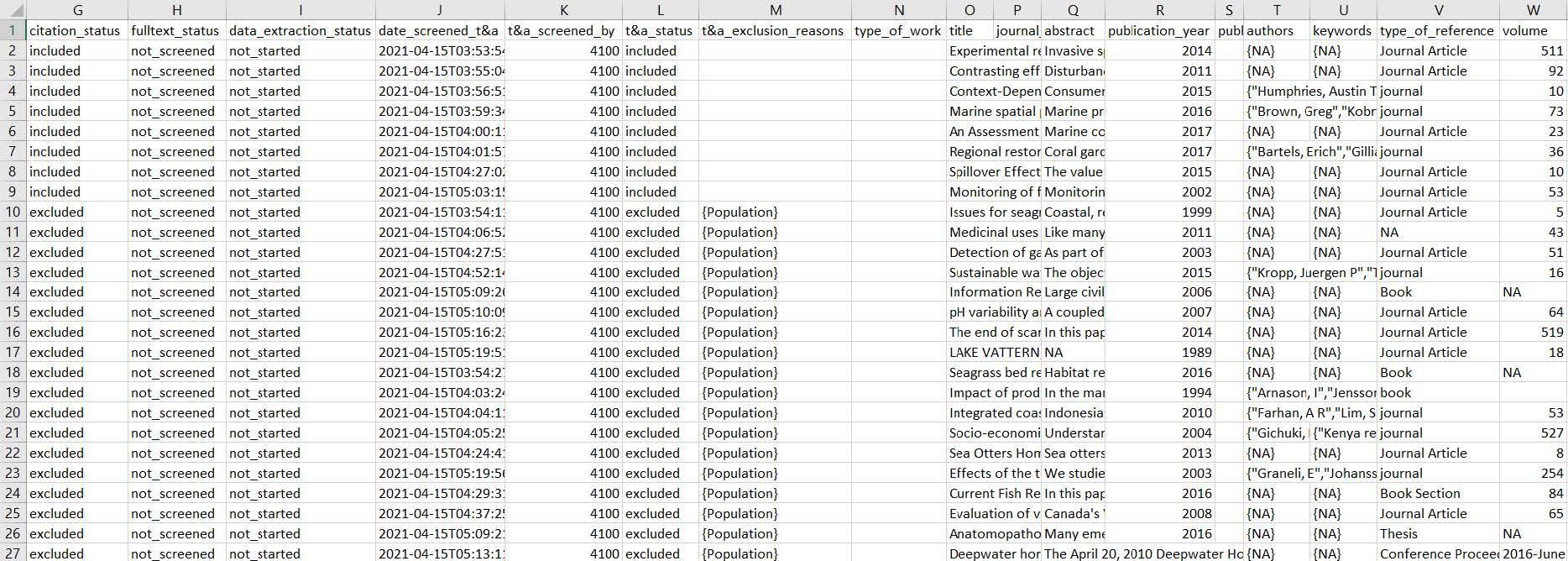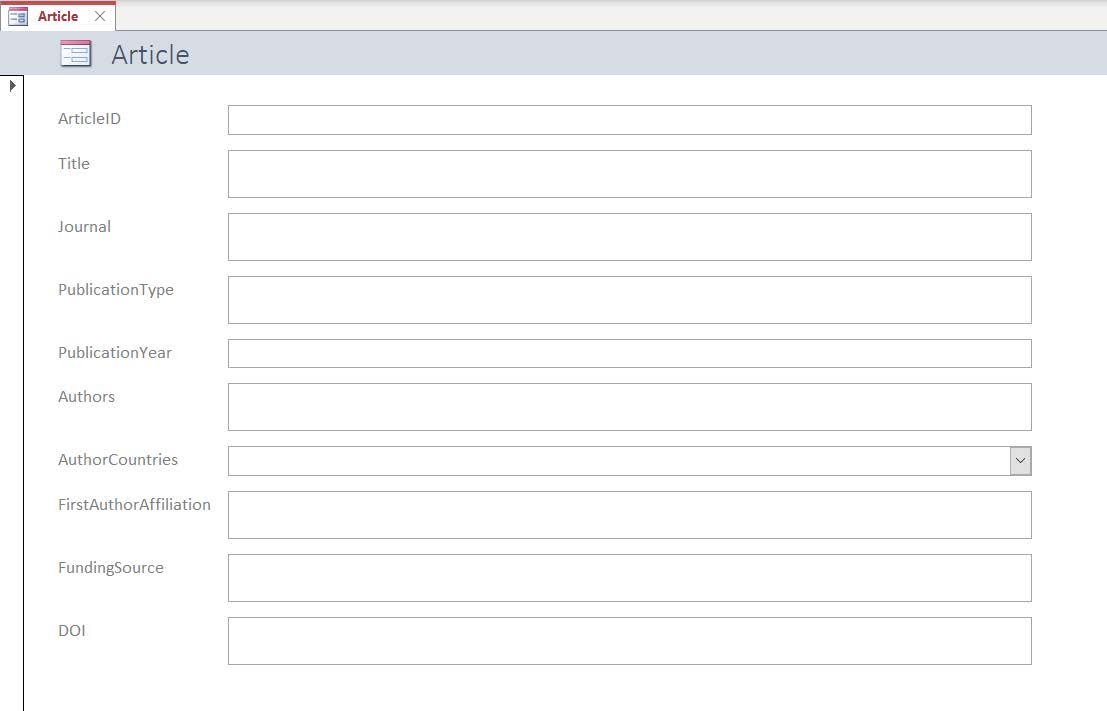Grace Llewellyn

Conducting team-based environment research through my computer science background has helped me think about different career options. I gained technical and soft skills, networked with industry professionals and gained insight on my professional future.
Degree
Computer Science '22Project Team
Grace Llewellyn received a 2020 Bass Connections Student Research Award to extend her work on the Ocean Evidence Gap Map and Synthesis team, which created gap maps to describe and synthesize literature on the outcomes from conservation interventions in tropical mangrove, coral reef and seagrass habitats. She set out to create a database to facilitate the process of entering and synthesizing data and enable better quality control, speed and accuracy of information for users assessing conservation interventions and policy.
Since receiving my Bass Connections Student Research Award, I have had an interesting and informative experience working on my project and have gained technical knowledge, ranging from new coding languages to configuring a Virtual Machine. Some of our meetings had more professional tones, such as discussing the deliverables of the project and overall goals, while others were more technical meetings, where experts in their field would talk about advanced computer science topics and code.

I worked with two main people outside of my project lead, Dr. David Gill: Tom Balmat from Duke Research Computing and Samantha Cheng from the American Museum of Natural History. These two individuals were extremely helpful, especially with technical questions that arose throughout the project. Working with them has given me experience talking with professionals about complex topics.
The original plan for this project included a weekend trip to San Francisco to meet with the professionals at DataKind, but this unfortunately did not happen due to the COVID-19 pandemic. However, I still enjoyed meeting with professionals like Tom and Sam throughout this project.
Additionally, I gained experience pacing a solo year-long project. I enjoyed creating my own schedule to balance this award with my classes and summer internship. I also gained valuable experience creating a deliverable for this project with an extensive README that allowed others to replicate my work on their personal devices and for future research projects.

While working on this project, I learned how to operate a variety of software, including R, Colandr, Microsoft Access, Virtual Machines and SQL. I worked with Tom Balmat to purchase and configure a Virtual Machine from Duke Research Computing. I learned the correct way to access this Virtual Machine in my terminal and create a database schema in SQL. I modified the forms in Access to better match the needs of the project. I also exported the data from Colandr into a SQL database via R code. The information being extracted from the articles in different projects varies. Therefore, it was important that I created a template and a README so that researchers can use my interactive framework for data extraction for different research projects.

In the future, I hope to pursue a career at the intersection of computer science and the environment. Conducting team-based environment research through my computer science background has helped me think about different career options.
Overall, through my project for the Bass Connections Student Research Award, I gained technical and soft skills, networked with industry professionals and gained insight on my professional future. I thoroughly enjoyed this amazing experience.
June 2021
